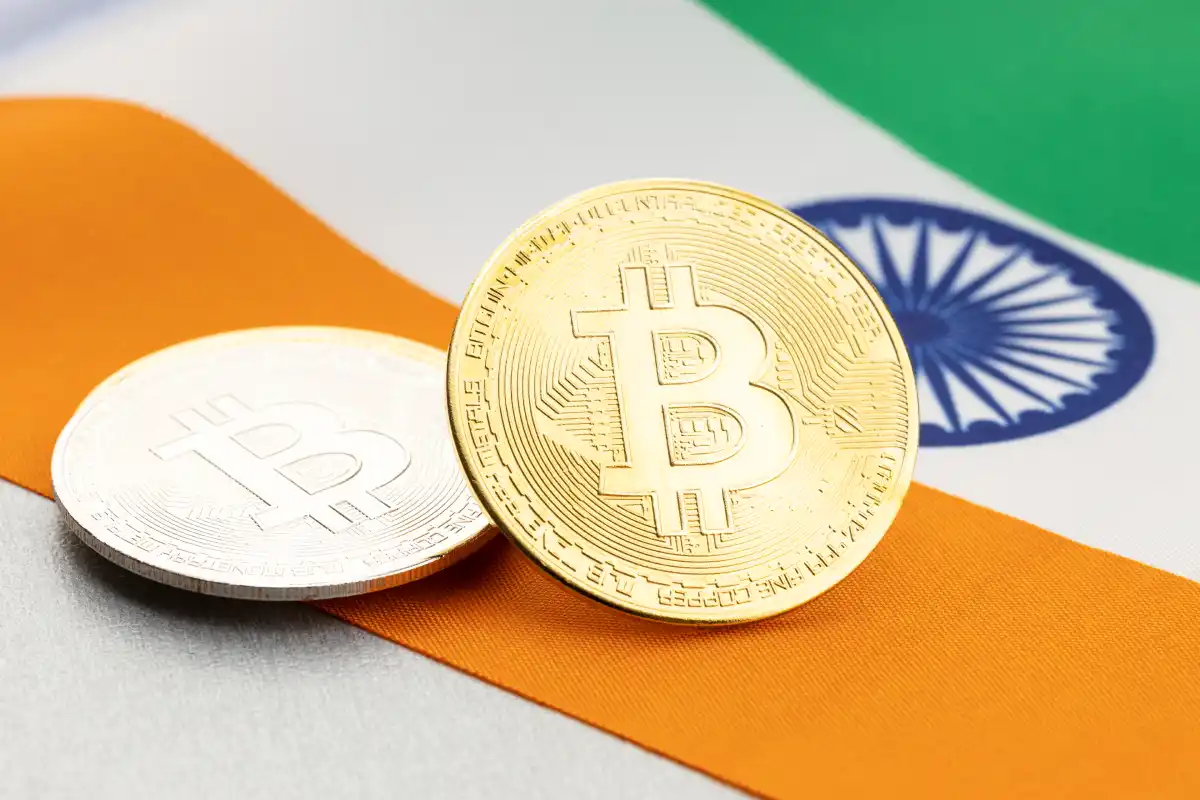
India is set to unveil a discussion paper on its crypto policy by September, as announced by Economic Affairs Secretary Ajay Seth. The paper aims to gather feedback from relevant stakeholders on proposed regulations to foster the growth of the crypto market.
Expanding Regulatory Scope
Seth highlighted that, at present, cryptocurrencies in India are regulated primarily through Anti-Money Laundering (AML) and Counter-Terror Financing (CTF) measures. However, the scope of regulation might expand, as detailed in the forthcoming discussion paper. Seth remarked, “So should the remit be more? What should be the policy stance? All that will come out in the discussion paper.”
The policy paper aims to initiate a public consultation process, inviting comments from various stakeholders. “The policy stance is how does one consult relevant stakeholders, so it is to come out in the open and say here is a discussion paper, these are the issues, and then stakeholders will give their views,” Seth explained.
Inter-Ministerial Group’s Role
Back in March 2023, India extended AML and CTF standards to crypto assets and intermediaries, marking a significant regulatory step. The upcoming paper is being prepared by an inter-ministerial group, including the Reserve Bank of India (RBI) and the Securities and Exchange Board of India (SEBI). Seth confirmed that this group is diligently working towards a comprehensive policy framework for cryptocurrencies.
This move follows SEBI’s recommendation for multiple regulators to oversee cryptocurrency trading, reflecting a growing openness towards private virtual assets. However, the RBI has maintained that private digital currencies pose macroeconomic risks.
Aligning with International Guidelines
India’s initiative to release a discussion paper aligns with international guidelines. During India’s G20 presidency, member countries endorsed the IMF-FSB synthesis paper, which advises against a blanket ban on crypto activity, citing enforcement challenges. Reflecting on the G20 roadmap adopted by finance ministers and central bank governors in October, Seth remarked, “The roadmap gives a good framework of how each country should assess risks to its economy and what it sees as a potential use case.”
A Turbulent Regulatory History
Cryptocurrencies in India have navigated a turbulent regulatory landscape. In April 2018, the RBI prohibited financial intermediaries from dealing with crypto users or exchanges, a ban later overturned by the Supreme Court in 2020. Although a bill proposing a ban on private cryptocurrencies was drafted in 2021, it remains unintroduced.
As the discussion paper’s release approaches, the future of cryptocurrency regulation in India stands at a critical juncture, with stakeholders eagerly anticipating the government’s next steps.